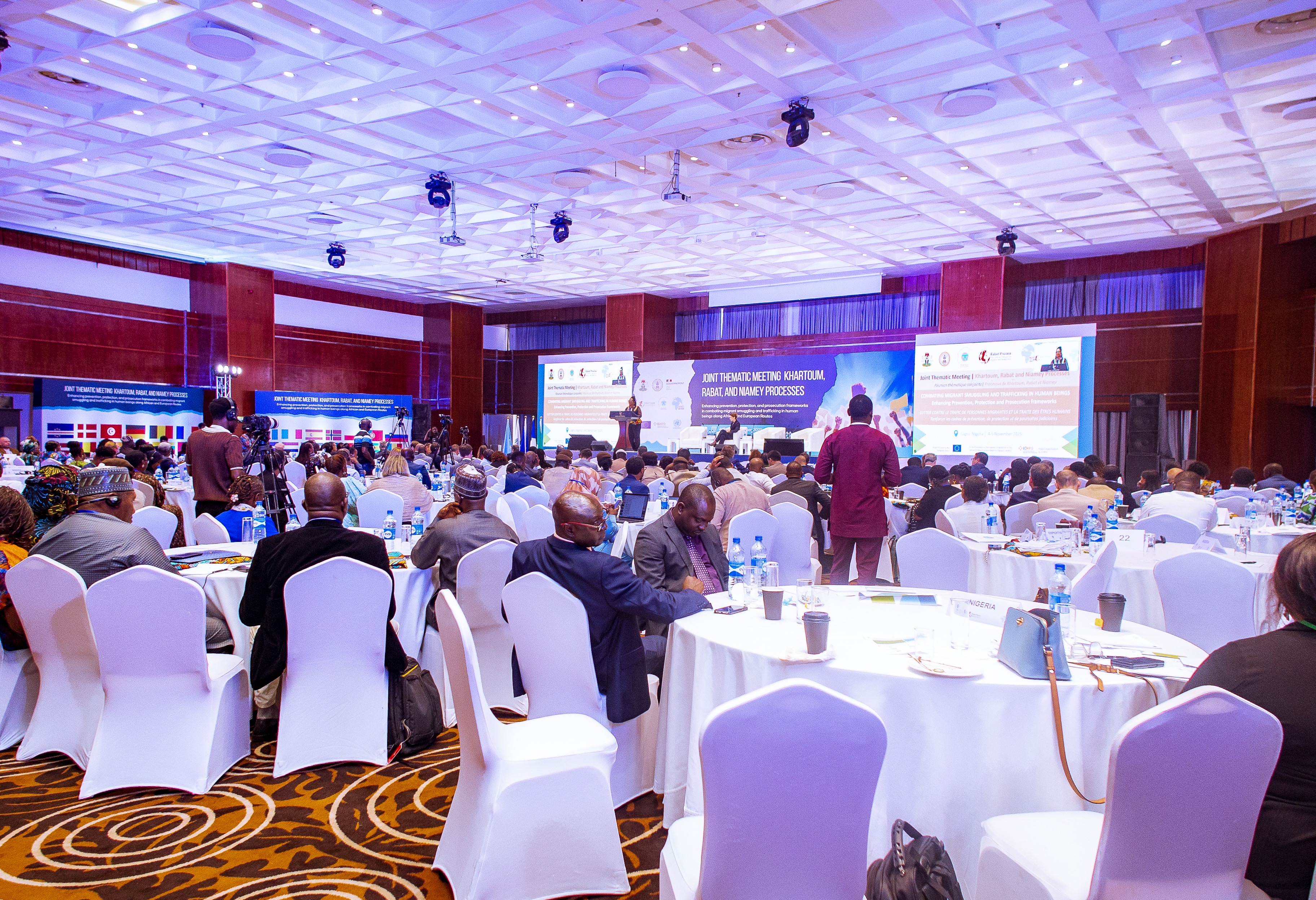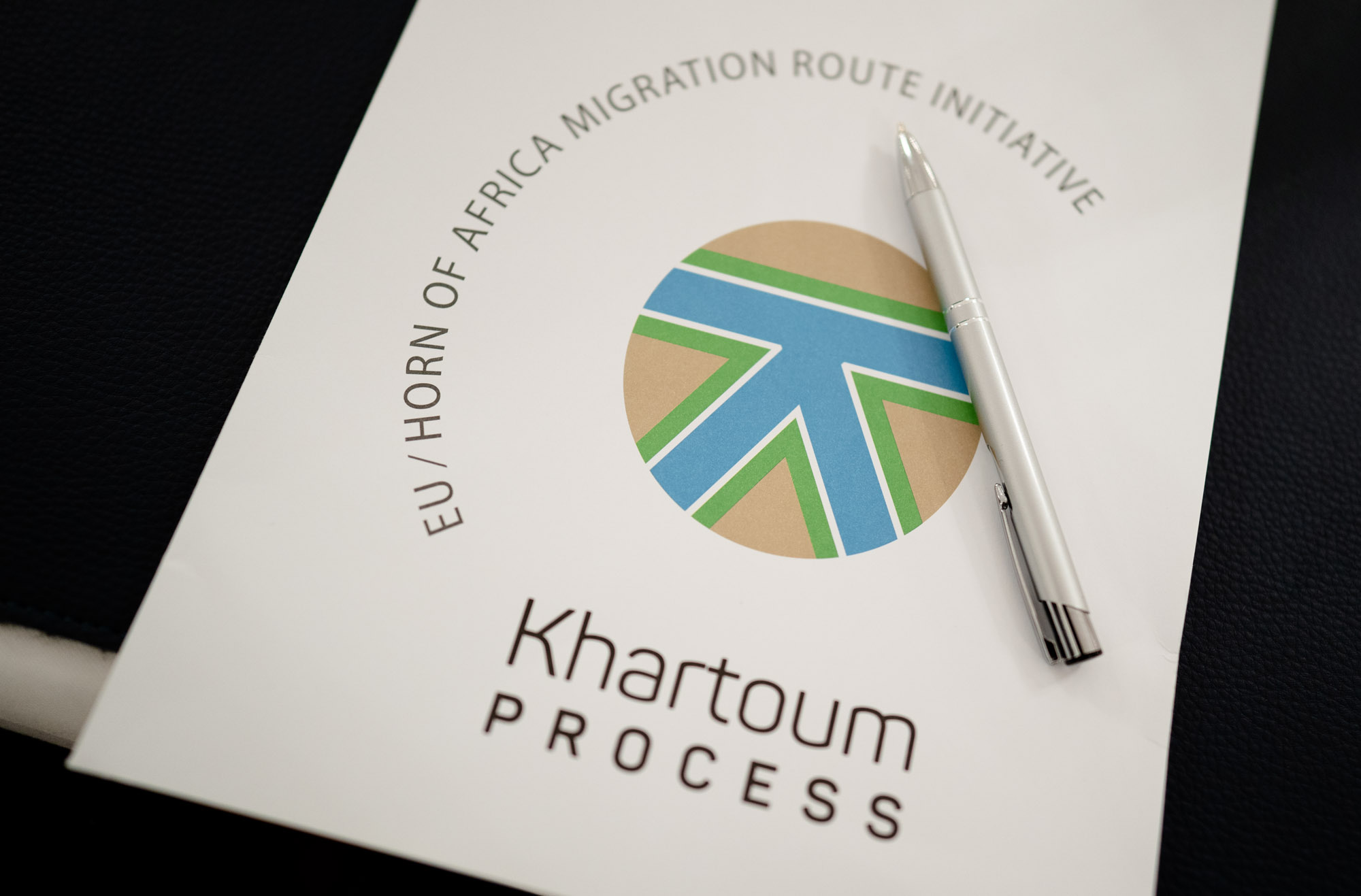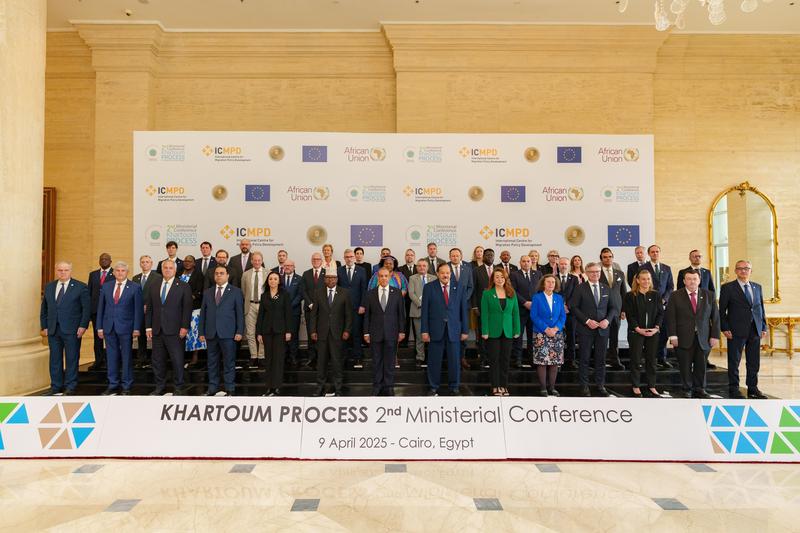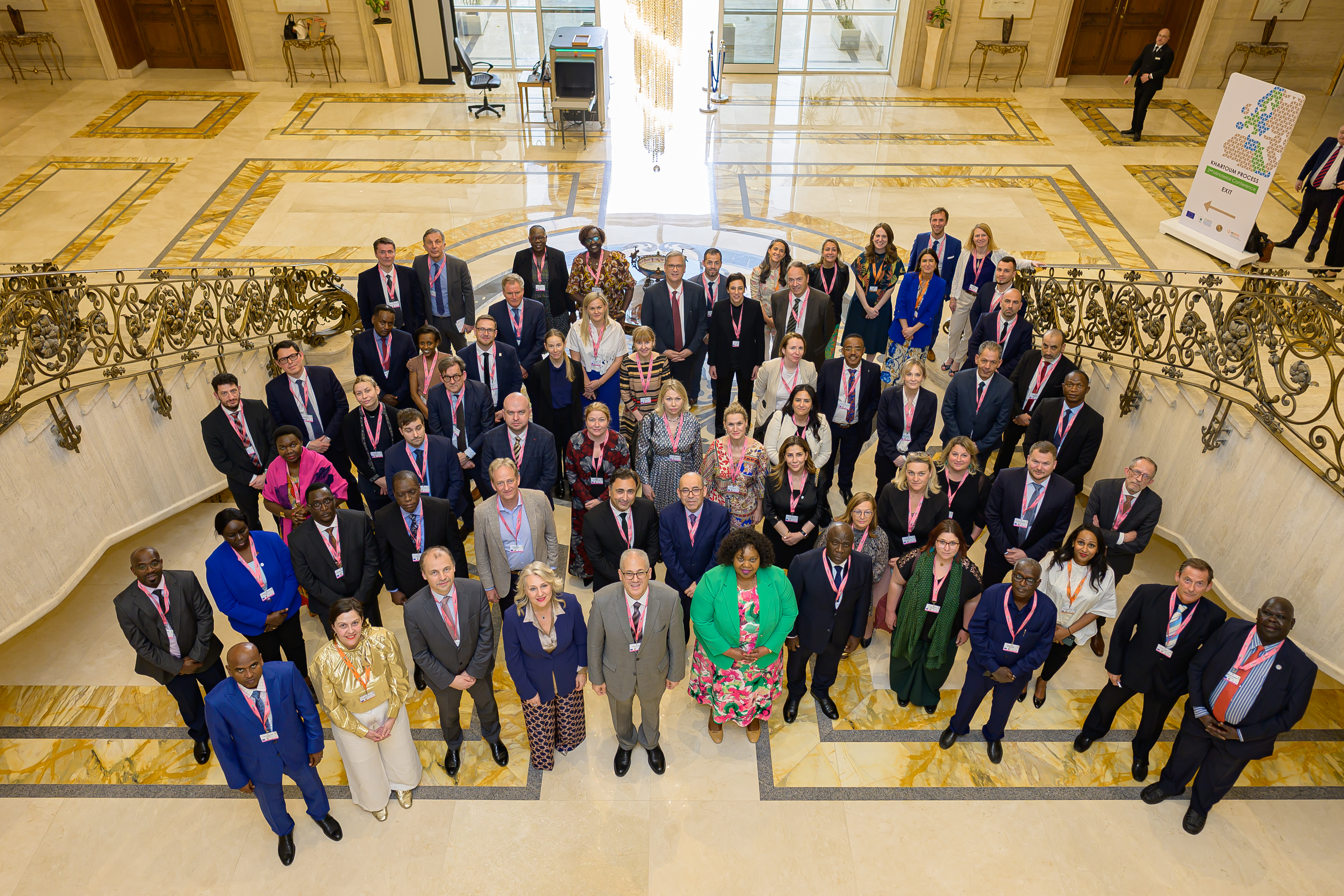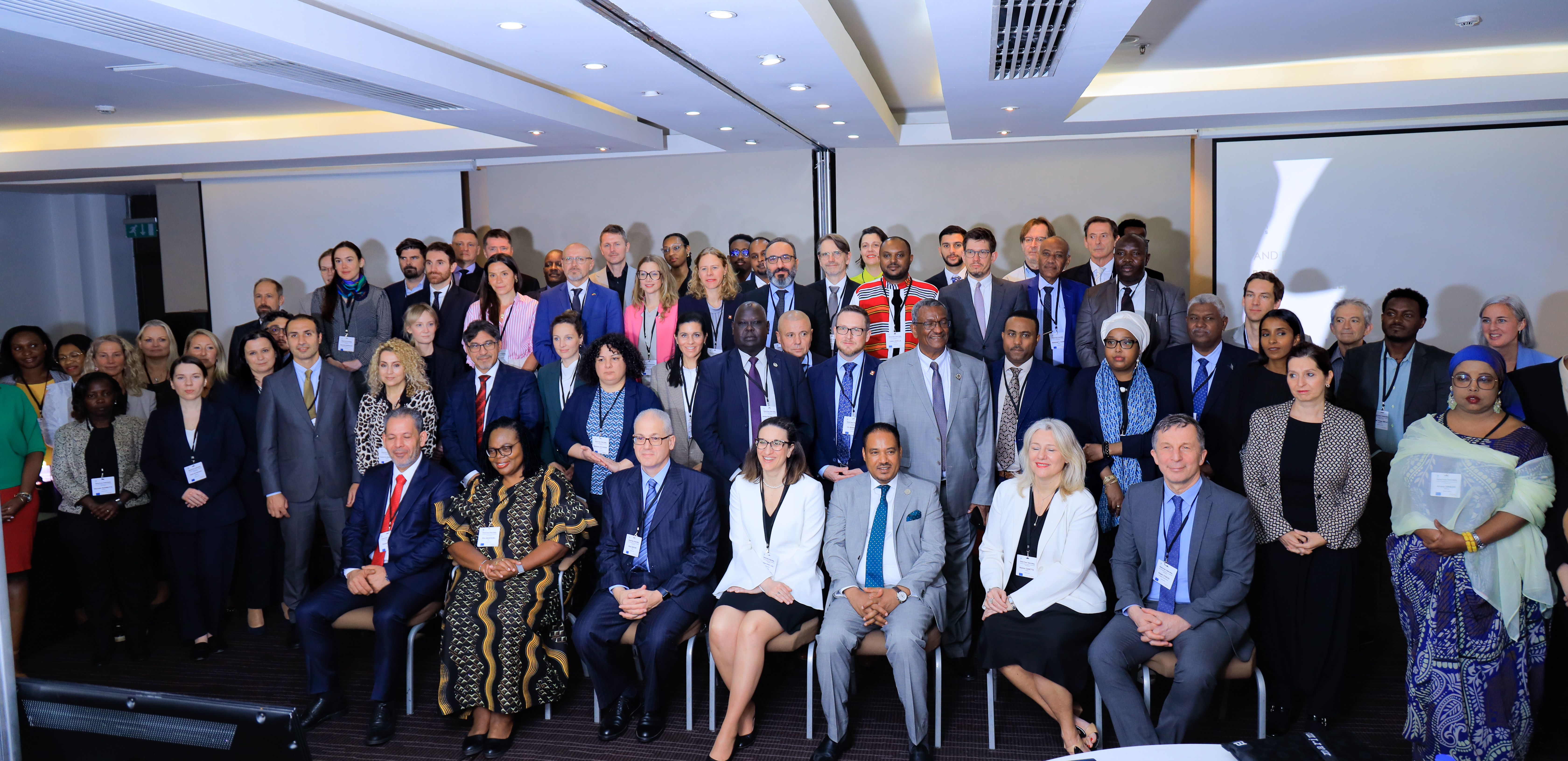Thematic Meeting – From Policy to Practice: Advancing Legal Pathways for Migrants, with a Focus on Women and Youth
- Date:
- Location: Aswan, Egypt
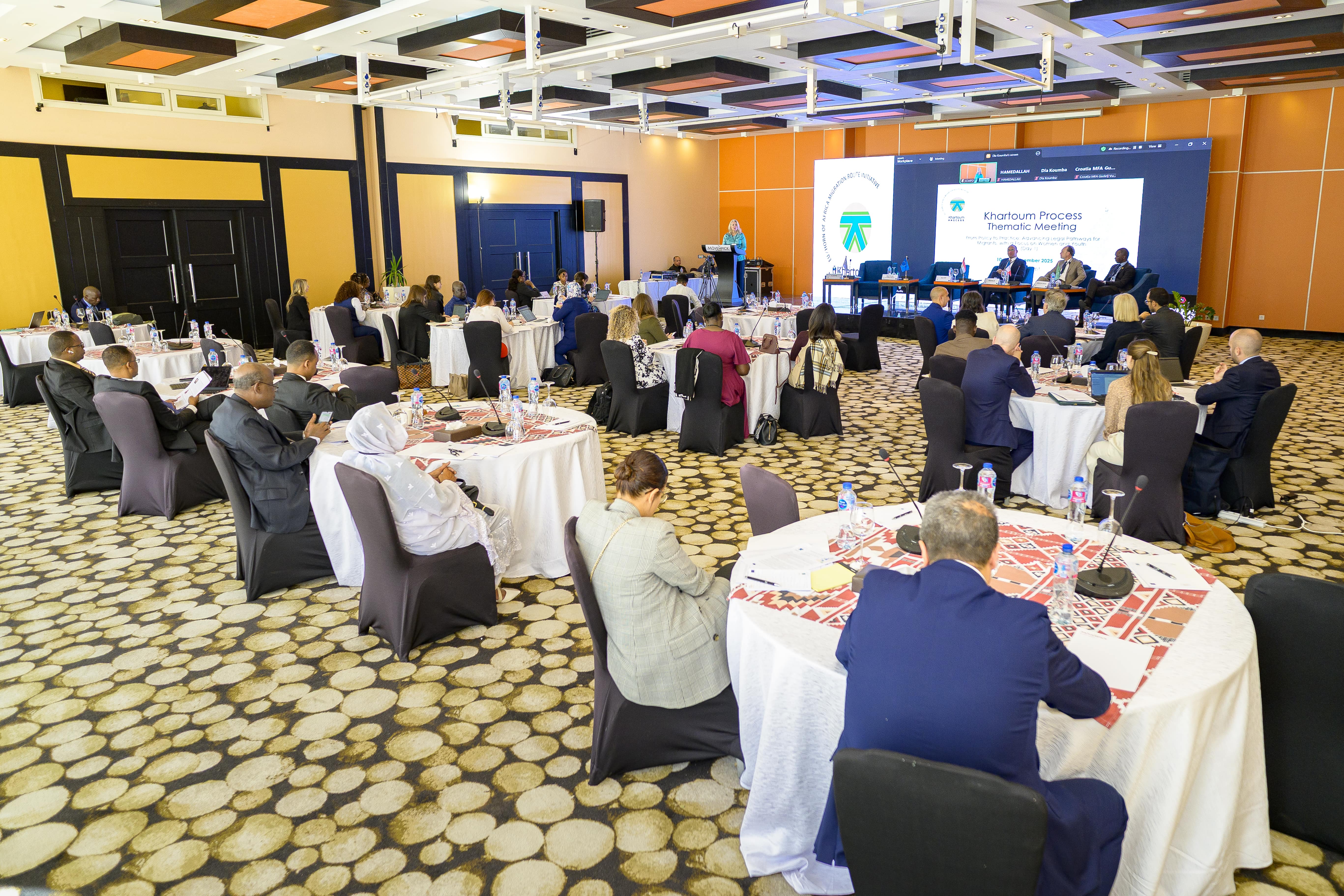
The Khartoum Process Thematic Meeting from Policy to Practice: Advancing Legal Pathways for Migrants, with a Focus on Women and Youth was held in Aswan, Egypt, under the French Chairmanship of the Khartoum Process, hosted by Egypt and co-hosted by France. The meeting brought together 55 representatives of Khartoum Process Member States, the African Union and European Union, international organisations, civil society, academia, and the private sector.
Building on Domain 2 of the Cairo Action Plan on regular migration pathways and mobility, discussions focused on translating political commitments into practical and inclusive solutions. The meeting explored how labour mobility schemes, visa facilitation, skills recognition, education-based mobility, and access to reliable information can be strengthened to make legal pathways more accessible and effective —particularly for women and young people.

